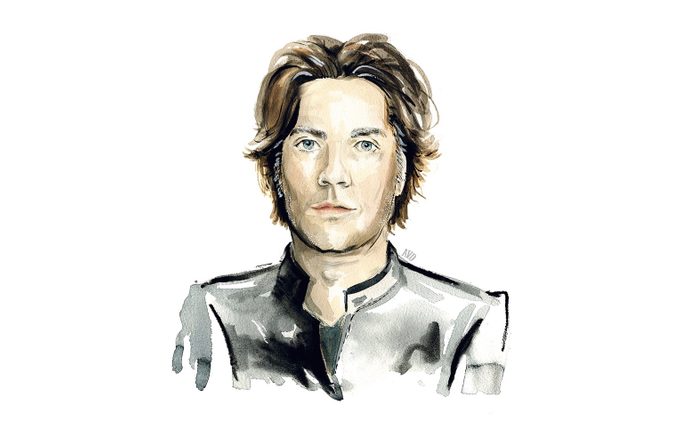Rufus Wainwright: The RD Interview
Rufus Wainwright on fatherhood, family traditions and the literary inspiration behind his latest record.

Q&A WITH RUFUS WAINWRIGHT
Reader’s Digest: Your new album, Take All My Loves, sets 400-year-old Shakespearean sonnets to music. What’s the appeal?
Rufus Wainwright: What always hits me with Shakespeare is that so many of his phrases are ingrained in our language now, like “all that glitters is not gold” or “I am that I am.” He has a universal quality that’s unique. No other great composer or writer has been able to transcend all cultures and races and periods like he has. Whether it’s Brecht or Beethoven or Tennessee Williams-they’re all wonderful, but they’re all very much rooted in their time and place.
Speaking of all-time greats, some rather unusual guests recite verses on the album: William Shatner, Carrie Fisher, the Welsh actress Siân Phillips. How did you decide on this group?
Not to be morbid, but Siân, whose voice opens the album, is in her 80s; William is in his 80s, too. Inge Keller, who performs the last poem-and is one of the best-known German theatre actresses of all time-is 92. I wanted to capture those legendary voices. Also, the sonnets were written to be read, not necessarily set to music. So I felt the spoken versions should be the starting point.
You’re paying tribute to another icon this summer by remounting Rufus Does Judy at Carnegie Hall, your homage to Judy Garland’s celebrated 1961 concert. You first performed the show a decade ago. Why revisit it now?
I’m a big fan of her original album, and the experience itself was captivating. Plus, on a technical level, it really improved my voice. I owe a lot to that concert and I’m curious to see what 10 years has added to the equation.
Well, they’ve made you a father, for one-you’re co-parenting your five-year-old, Viva, with Leonard Cohen’s daughter, Lorca. What has having a child taught you?
It’s like a bank account: the more money you put in, the more you’ll make in interest. Parenthood is like that, but with time. Viva lives in Los Angeles with her mom, but my husband, Jörn, and I go there as much as possible and Skype as often as we can. And I’ve learned that little kids remember everything. Their minds are sponges. You have to be careful, but you also have to be giving.
Your relationship with your own dad, the musician Loudon Wainwright III, has always been fraught. Has fatherhood shifted your perspective?
What’s incredible is that my father immediately became an amazing grandfather to all of his grandchildren. We’ve fought our battles, but once he starts to engage with my daughter it erases so much from the past. It’s a miracle.
Music is a family affair for the Wainwrights. Has that extended into the next generation?
They’re still a little young to be singing four-part harmony! But I do know this: the last time I did a show, Viva was at the side of the stage. I had this wondrous, rapturous reaction from the audience, and when I walked off, she was right there. The first thing she said to me was, “Now it’s my turn!”
Take All My Loves: 9 Shakespeare Sonnets is available now.
Related features:
Paul Gross: The RD Interview
Chilly Gonzales: The RD Interview
Malcolm Gladwell: The RD Interview



